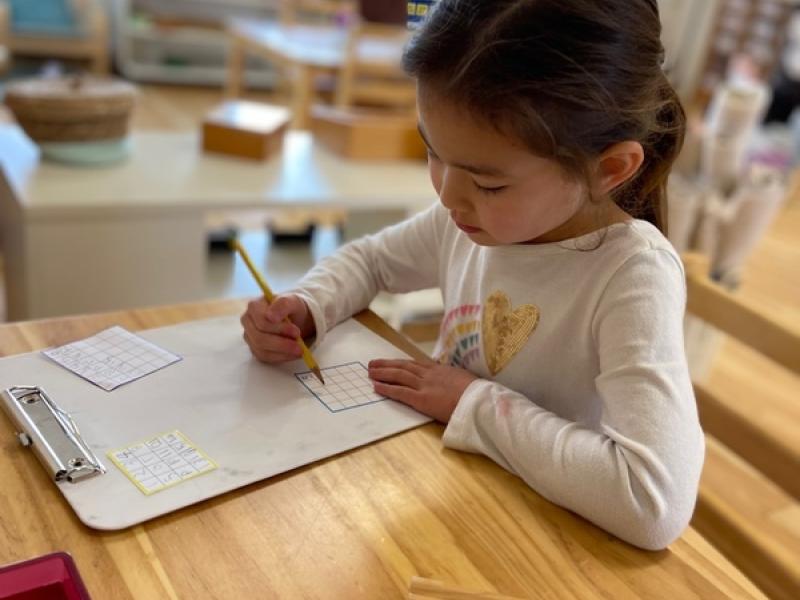Establishing a routine while maintaining daily transitions is crucial to every family with young children. Evenings and weekends can feel hectic, overwhelming, and often never-ending. It is important to remember that children in the 3-6 age range absorb everything around them and want to be helpful. They're also growing their fine and gross motor skills and sense of order, making it imperative that children get opportunities to lean in and support as often as possible. Here are tips that you might find helpful in managing daily transitions and routines at home.
-
Talk openly with your child and family about the day's daily routine, expectations, and reality. This might sound like, "Today is Wednesday. On Wednesdays, we have swim practice after school, and then we come home to make dinner. Can you please grab your swim bag when we get home?"
- Next Wednesday, you might say, "today is Wednesday. Do you remember what we do after school on Wednesday? … that's right! Swim! Can you grab your swim bag when we get home?"
-
Prepare your child's environment so that when you need time to handle your responsibilities (making dinner, helping an older sibling, or simply relaxing after a long day), your child has several options available to them that they can work on independently.
- This isn't the time for extravagant art projects or other activities that require an adult to support with set up or clean up. Instead, brainstorm with your child some quiet activities that can be done in a communal area without direct parent participation.
-
Make everyday items used around the home available to children so they can take responsibility for parts of the routine.
- Placemats for table setting, brooms and dustpans, dusters, washcloths, and sponges can all be beneficial for children to have easy access to.
- Commit to a routine! At this age, your child is hungry for consistency and feels safety and peace in a routine that they can predict. So, whenever possible, keep weekdays as routine and predictable as possible, with lots of verbal cues to lead them through the day.
These practical tips on managing daily transitions can help you develop a healthy routine and system to support your child and family all week. At Lifetime Montessori School, the children (and Guides) lean on our systems daily to keep us accountable, productive, and efficient in our environment. By incorporating some of the suggestions, they'll help you too!
-Grasshopper Teacher


